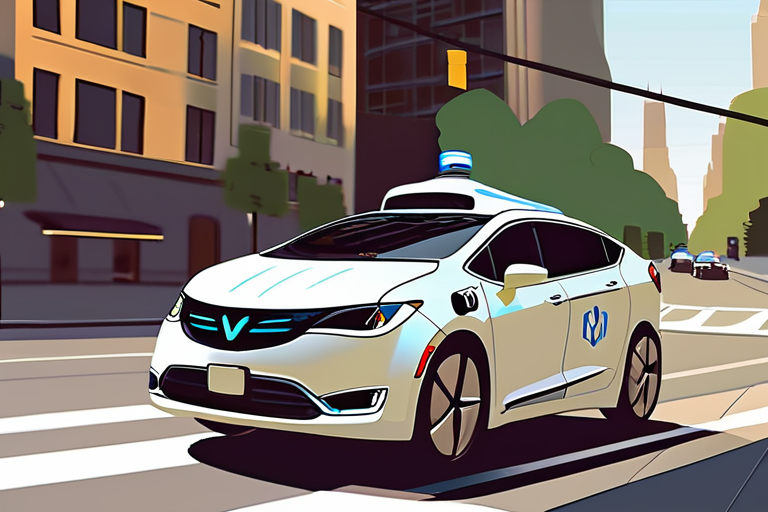OpenAI No Longer Required to Preserve ChatGPT Data, with Exceptions
A federal judge has terminated a preservation order requiring OpenAI to indefinitely keep records of its ChatGPT data, except for some exceptions. The decision marks a significant development in the ongoing copyright infringement case between OpenAI and the New York Times.
According to court documents, Judge Ona T. Wang filed a new order on October 9 that frees OpenAI from an obligation to "preserve and segregate all output log data that would otherwise be deleted on a going forward basis." This means that as of September 26, OpenAI no longer has to preserve chat logs, except for those related to ChatGPT accounts flagged by the NYT.
"We are pleased with the court's decision," said an OpenAI spokesperson. "We believe this ruling recognizes the importance of protecting user privacy and the need for a more balanced approach to preserving data in AI development."
The case began in late 2023, when the New York Times sued OpenAI for copyright infringement, alleging that the AI giant trained its models with the news outlet's intellectual property without proper compensation. In May, OpenAI was ordered to retain all of its chat logs so that the NYT could investigate claims of copyright violation.
"We are disappointed by the court's decision," said a NYT spokesperson. "We believe it is essential for companies like OpenAI to be transparent about their data collection practices and to take steps to prevent copyright infringement."
The preservation order was seen as an overreach by some, who argued that it risked users' privacy and could have unintended consequences for AI development.
"This decision recognizes the importance of balancing user rights with the need for transparency and accountability in AI development," said Dr. Kate Crawford, a leading expert on AI ethics. "It's a step forward in ensuring that AI companies prioritize user privacy and data protection."
The NYT will still be able to access chat logs already saved under the previous order, as well as any data related to ChatGPT accounts flagged by the news outlet.
As the case continues, experts say it highlights the need for clearer guidelines on data collection and preservation in AI development. "This decision underscores the importance of having robust policies in place for data management and preservation," said Dr. Crawford.
The current status of the case remains unclear, with both parties expected to continue their arguments in court. As the debate around AI ethics and data protection continues, one thing is certain: this ruling marks a significant shift in the conversation around AI development and user rights.
Background
OpenAI's ChatGPT is a popular AI-powered chatbot that has raised concerns about data collection and preservation. The New York Times' lawsuit alleged that OpenAI trained its models with the news outlet's intellectual property without proper compensation, sparking a wider debate about copyright infringement in AI development.
Implications
The decision to terminate the preservation order has significant implications for both OpenAI and the broader AI community. It highlights the need for clearer guidelines on data collection and preservation in AI development, as well as the importance of prioritizing user privacy and data protection.
Next Developments
As the case continues, experts say it will be crucial to monitor developments and ensure that any new policies or guidelines prioritize transparency, accountability, and user rights. The decision marks a significant step forward in ensuring that AI companies prioritize data protection and user privacy, but there is still much work to be done.
Sources
Court documents
OpenAI spokesperson
New York Times spokesperson
Dr. Kate Crawford, leading expert on AI ethics
*Reporting by Engadget.*



 Hoppi
Hoppi
 Hoppi
Hoppi

 Hoppi
Hoppi

 Hoppi
Hoppi

 Hoppi
Hoppi

 Hoppi
Hoppi










